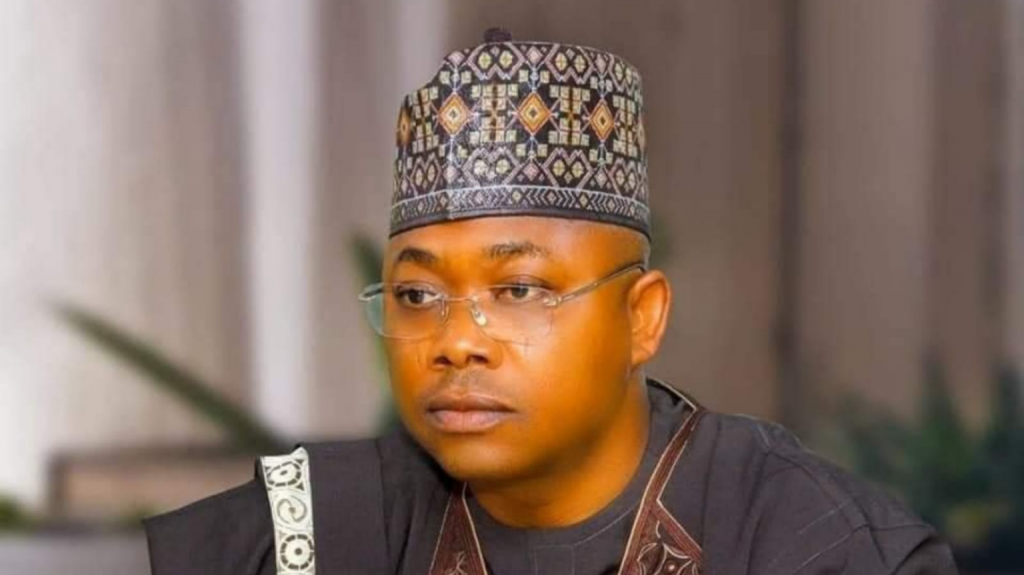Kogi State Governor, Ahmed Usman Ododo, has vowed that justice will be served for the fallen heroes and their families in the aftermath of the deadly bandit attack that claimed the lives of three police officers and two vigilante members in Egbe, Yagba West Local Council, last week.
Ododo, represented by his deputy, Joel Salifu, disclosed this during a condolence visit to Egbe, where he described the assault as “a brutal attack on the peace and humanity of Kogi State.” He pledged that the government would strengthen its security architecture to ensure such tragedies do not reoccur.
The visit followed the suspension of a three-day youth protest that had grounded economic activities in the area since the night of September 10.
The grieving youths, who on Thursday bowed to pressure from the Senator representing Kogi West, Sunday Karimi, and community elders to suspend the protests, thronged the Egbe Central Palace on Saturday. They demanded explanations for the non-deployment of security forces to the area five days after the incident and waited with bated breath for the state government’s promises of stronger security to be fulfilled.
In his condolence message read by the deputy governor, Ododo assured that the blood of the slain security operatives would not be shed in vain. “We will not rest until those behind this heinous crime are tracked down, apprehended, and brought to justice,” he said.
The governor outlined plans to boost collaboration with security agencies, reinforce community policing, and strengthen support for local vigilantes. He added that the sacrifices of the fallen officers would not be forgotten and promised that their dependents would be catered for by the state.
He urged residents to remain vigilant, avoid shielding criminals, and cooperate fully with security operatives. “Together, we will overcome. Together, we will send a clear message that Kogi State cannot be broken.”
State Security Adviser, Commander Jerry Omodara (rtd), disclosed that many of the bandits infiltrating Kogi were fleeing from neighbouring states. He revealed that hideouts had already been identified, with plans underway, backed by the Federal Government and the National Security Adviser, to intercept and neutralise the criminals.
To fortify Egbe and other vulnerable communities, Omodara announced the proposed establishment of a Forward Operation Base (FOB). He also warned collaborators and saboteurs within the community that the government would deal with them decisively.
The Elegbe of Egbe and Chairman, Yagba West Traditional Council, Oba Ayodele Irukera, appealed for increased security presence, stressing that Egbe’s position as a border community makes it an easy target for attackers. He explained that the three-day protest staged by locals stemmed from frustration over recurring insecurity. “It is inhuman for five people to be killed in just one day,” the monarch lamented.
The community youth leader, Olugbenga David, urged the state government to actively involve young people in its security strategy, recommending the deployment of trained forest guards to complement formal security agencies.
Chairman of the council, Tosin Olokun, commended the governor for the visit, describing the gesture as proof of a caring government that stands with its people during difficult times.
However, the condolence visit was thrown into tension when youths firmly rejected claims by Omodara that their protest against insecurity was politically sponsored.
Omodara, while reacting to the demonstrations against incessant killings and attacks, described them as “politically motivated,” alleging that unnamed politicians were behind the action. He questioned the essence of the protest, saying: “They make a strike and somebody says, go to the road, block the road… What is the gain from blocking the road yesterday? Nothing.”
His remarks sparked outrage among the demonstrators, who insisted their action was a genuine outcry for safety in the face of worsening insecurity.

